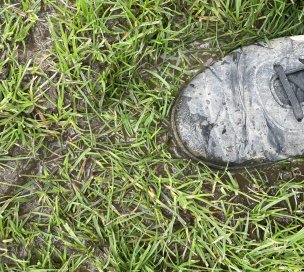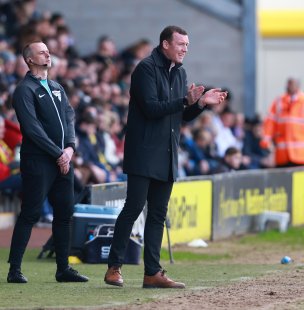THE proportion of adults seen by NHS dentists in Barnsley over the last two years remains below pre-pandemic levels - and organisations are warning the government that ‘radical change’ is needed to save the industry from ‘the brink’.
Figures from the NHS show 100,302 adults were seen by an NHS dentist in Barnsley in the two years leading to June 30 this year, 51 per cent of the area’s adult population.
It is up from 46 per cent in 2020 to 2022 but below the rate before Covid-19 when 61 per cent were seen between 2017 and 2019.
Nationally, 18.1m adults were seen by an NHS dentist in the 24 months to June 30 this year.
It is up from 16.4m in 2020 to 2022, but still below the 22m seen in 2017 to 2019.
It comes as the British Dental Association call for ‘radical and urgent change’ to help NHS dentistry recover from the impact of Covid-19.
BDA chairman Eddie Crouch said: “We’re seeing the limits on the recovery and this government’s ambition.
“Demoralised dentists are walking away from a broken system, while millions struggle to access the care they need.
“NHS dentistry can come back from the brink, but only if ministers turn the page.”
The BDA dismissed the government’s changes to the NHS dentistry contract at the start of the current financial year as ‘minor tweaks’.
An NHS spokesperson said the figures show significant recovery in dental treatment for children since the pandemic with 6.4m seen in the year to June 2023.
In Barnsley, 30,500 children were seen in the past year - covering 60 per cent of under-18s in the area.
The rate is up from 53 per cent in 2021/22 but below 66 per cent in 2018/19.
Despite the figures falling, figures have revealed that a third of youngsters in Barnsley could have enamel decay or more serious dental problems.
Data from the National Dental Epidemiology Programme for 2021 to 2022 show 251 of the 3,021 five-year-olds in Barnsley had their teeth examined in the 2021/22 school year.
The survey covered children attending mainstream, state-funded schools.
All children under 18, or under 19 and in full time education, are exempt from dental charges.
Of those analysed, 35.7 per cent had enamel decay or more serious decay to the layer of dentin under the enamel.
The figures show 29.4 per cent of the five-year-olds examined in Barnsley had more serious dentinal decay.
Louise Ansari, chief executive at Healthwatch England, said the new data backs up its claims ‘that people in every corner of England are struggling to get the dental treatment they need when they need it’.
She said: “NHS dentistry continues to be the second most common issue people report to Healthwatch, with many living in pain, while some turn to private care.
“But private treatment is not an option for everyone, with reports suggesting people from the most deprived communities struggle the most to access dental care.”
Ms Ansari added Healthwatch England has repeatedly called for the government to publish its dental recovery plan.
Earlier this month, the government said the blueprint is ‘due to be announced shortly’.
A Department of Health and Social Care spokesperson said: “We are making progress to boost NHS dental services with 23 per cent more courses of treatment, meaning 1.7m more adults and 800,000 more children received NHS dental care.
“We fund more than £3bn of NHS dentistry a year, have announced plans to increase dental training places by 40 per cent and last week we launched a consultation to better utilise the skills of dental hygienists and therapists.”



























